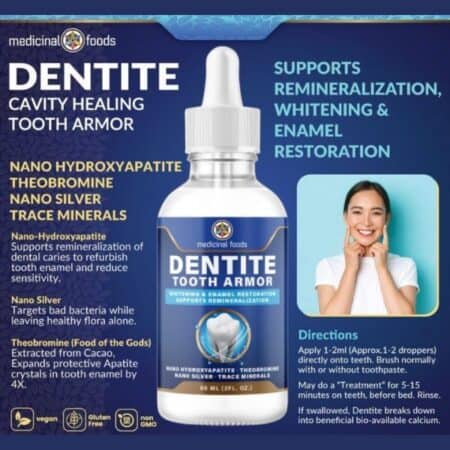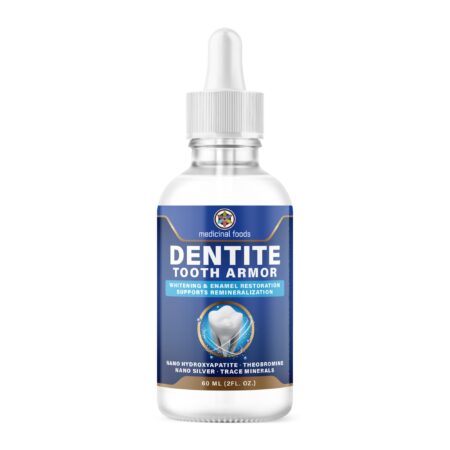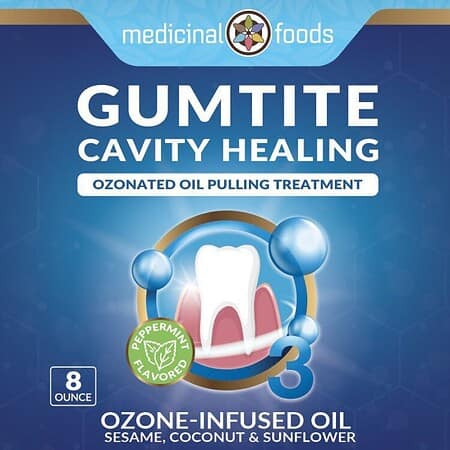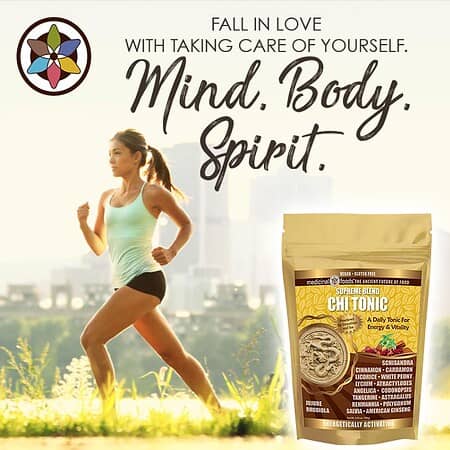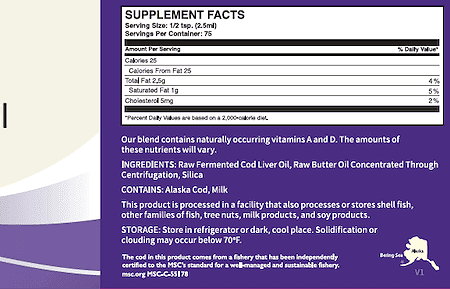The health benefits of probiotics include enhancing gut health, immune function, and cognitive function.
They’ve been shown to help with constipation, blood pressure, skin health, and other conditions.
Fermented foods provide numerous health benefits, who knew?
Probiotics are living microorganisms that may be obtained through fermented foods or supplements.
Research suggests that the balance or imbalance of bacteria in your digestive system may have an impact on your general health and disease.
Probiotics intervene in the gut’s microbiome by maintaining a healthy balance of microorganisms and are connected to a range of health advantages. Do you want to learn and discover more about the health benefits of these bacteria?
The following are the probiotic’s health benefits.
What are Probiotics?
Probiotics are good bacteria that may be found throughout your body, especially in your digestive system. They are also known as "live cultures" or "good" bacteria since they aid in maintaining a healthy microbiota.
One approach is by preventing other types of germs that cause sickness or ill health. When there are excessive "bad" bacteria in the gut, probiotics may eliminate them by rebalancing the stomach.
Benefits of taking probiotics
Probiotics may help encourage the growth of beneficial bacteria while also preventing disease-causing bacteria from growing. The human body’s microorganisms are collectively known as the gut microbiota or gut microbiome, and they have a significant impact on human health.
Helps lower blood pressure
According to extensive research that reviewed several research papers, probiotics help lower blood pressure by improving lipid profiles, lowering insulin resistance, and boosting antioxidants.
The majority of the side effects of probiotics are minor or nil, making it a fantastic choice for lowering blood pressure. The most apparent benefits of probiotics are seen in individuals who have high blood pressure and see their condition improve when they consume a variety of probiotic strains for at least eight weeks.
Reduce the symptoms of some digestive disorders
Changes in the normal bacteria discovered in the gut might contribute to digestive issues such as irritable bowel syndrome (IBS). According to some studies, probiotics may help ease IBS symptoms, including diarrhea, constipation, bloating, abdominal discomfort, and gas.
Reduce the frequency of diarrhea
Various factors can cause diarrhea, but changing the gut’s bacteria might contribute to loose stools. Antibiotics can affect the gut microbiome, causing antibiotic-associated diarrhea and the loss of beneficial bacteria.
Probiotics may protect against antibiotic-related diarrhea in adults over the age of 18 and above. Omni-Biotic AB 10 is a probiotic supplement that contains ten carefully chosen bacterial strains that help to restore the gut microbiome and reduce antibiotic-associated diarrhea.
Maintain and improve gut integrity
The gut barrier is a thin (but strong) wall of cells called the stomach lining that protects the digestive system. This barrier allows helpful particles (such as electrolytes and water) to move from the intestines to the circulation while preventing partially digested food or pathogenic particles from passing.
Proteins and other bacteria may seep through the barrier if damaged or inflamed. The leaky gut syndrome can cause this when toxins build up in the body. To discover why this happens, more study is required.
Genetics, stress, alcohol consumption, and drug use may compromise the gut barrier. A poor diet and certain medicines can also break it down.
Probiotics might help maintain the gut wall’s strength, according to one study of 23 men. Probiotic bacteria strains in Omni-Biotic Stress Release aid in maintaining a healthy gut barrier.
Reduce gas and bloating
Gas and bloating are frequent digestive issues. Gas and bloating are caused by various factors, including an imbalance in your gut microbiota, overgrowth of yeast, and food allergies.
It might indicate a more severe condition, such as irritable bowel syndrome. Probiotic supplements might support restoring the gut microbiome and crowd out harmful germs.
According to some studies, probiotics have also alleviated these symptoms in people with digestive issues like IBS.
Improve mood and reduce stress
Bacteria in the stomach create neurotransmitters, which are your body’s messengers. Neurotransmitters aid in sleep, mood, and bladder and heart function regulation.
Stress has been associated with changes in gut bacteria, which might affect neurotransmitter levels and function. Probiotic supplements may assist repair the gut flora during and after periods of stress, and they have been found to improve mood, sleep, and cognitive function.
Help with certain mental health issues
The gut’s microbiota is linked to mood disorders. This may be because 95 percent of the neurotransmitter serotonin, the "feel-good" hormone, is generated by gut bacteria.
According to one research after 30 days of taking a probiotic containing Lactobacillus helveticus and Bifidobacteria longum, healthy individuals had less anxiety and depression.
Boost the immune system and aid in the recovery from illness
The bacteria in the stomach are frequently unbalanced when you’re sick, especially if you’ve got a stomach virus, food poisoning, or have been on antibiotics.
Probiotics, which are live microorganisms added to your food or drink, replenish and restore the good bacteria in your gastrointestinal tract.
They can also support the healing of gut problems.
Kill GI infections
When you have an infection, such as Candida overgrowth, pathogenic or "harmful" organisms might outnumber the beneficial bacteria in your digestive system. Probiotics may assist with the removal of disease-causing particles and the restoration of the microbiome’s equilibrium by fostering the growth of friendly bacteria.
Support skin health
Atopic dermatitis is a kind of eczema that affects babies and children most often, characterized by itchy, flaky skin. There is evidence that probiotics containing Lactobacillus may help decrease symptoms and the risk of developing eczema and other allergies in young children and toddlers.
Protect against antibiotic resistance
Antibiotics might be required to aid the body in fighting infections; however, they may also damage the gut ecosystem. Antibiotics frequently kill off a wide range of beneficial microorganisms in the gut, making them less able to fight other disease-causing germs.
Bacteria might develop antibiotic resistance, which is a genuine threat to therapy. Studies have found Lactobacillus bacteria to help prevent methicillin-resistant Staphylococcus aureus (MRSA), which is resistant to many common antibiotics.
Health benefits of probiotics
The greatest way to benefit from probiotics is to consume probiotic-rich foods. Fermented dairy products contain live probiotic cultures, such as yogurt and certain milk drinks.
Probiotics are also included in other fermented foods such as pickled veggies, miso, kimchi, sauerkraut, and organic soy products. Supplements are another option to ingest probiotics.
They’re available in tablets, capsules, and powders made of dried probiotics. It’s critical to figure out whether the probiotics you take are appropriate for your digestive system.
Some probiotics are destroyed before they reach your stomach so that you won’t see the same benefits. Maintaining excellent health entails performing various tasks in many areas of your life, from the foods you consume to engaging in activities regularly.
The best thing is to consider your lifestyle and examine what changes are necessary for excellent gut health. It’s not as simple as taking it and calling it a day.
However, the health advantages of probiotics make them well worth taking. Talk to your doctor about incorporating probiotic-rich foods or probiotic supplements into your health regimen if you’re ready to improve your gut and general health and wellness.
It’s critical to talk with your doctor because everyone’s body responds differently to probiotics, and your doctor will be the most knowledgeable about whether or not they are suitable for you.
In conclusion
Probiotics are live microorganisms that may help you have a healthier life. Certain probiotics have been proved to lower cholesterol, blood pressure, and inflammation.
Probiotics are not the same, and only some may help heart health. Above all, probiotics may help other treatments, nutrition, and lifestyle changes if you have high cholesterol or blood pressure.
Like many health and nutrition issues, probiotics cannot be summed up. Many studies have been conducted and verified the benefits of probiotics and what they provide.
We are constantly learning more and more about our bodies and the different functions and interconnections of our organs.
One of the most recent and important findings is the gut-brain axis connection —the connection between gut health and brain health.
Eating fermented foods and living greens containing probiotics is one of the best ways to help achieve optimum gut health, which leads to better overall health, including a better functioning brain.

Have you ever had a ‘gut feeling’ about something?
Scientific studies have confirmed that the gastrointestinal tract is sensitive to emotion. Strong emotions such as anxiety, anger, and sadness can all trigger symptoms in the gut. As it turns out, our gut is not solely an independent system responsible for digestion.
Our body is composed of more bacteria than cells!
There are trillions of bacteria in our body and they are referred to as our Human Microbiota, or our Microbiome. Most of these beneficial bacteria reside in our gut, referred to as the gut microbiota. These guys are the workers responsible for breaking down our meals into absorbable nutrients. A very important process which provides energy and structure to maintain a healthy body.
No wonder there’s so many connections:
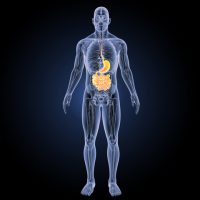
The gut lining contains some 100 million neurons, this system is called the Enteric Nervous System (ENS). Tallying more neural connections than the Spinal Cord or the Peripheral Nervous System. The ENS arises from the same tissues as our Central Nervous System (CNS) during fetal development and has many structural and chemical parallels to the brain.
And no wonder scientists are now referring to our gut as the “second brain.”

Why does the ENS need so many neurons? It is because eating is full of danger for the body. Like the skin, the gut must prevent potentially dangerous pathogens from entering the blood stream. The ENS neurons detect any intruders in the gut and sends alerts to the brain to rid the body of these with the bodies natural defenses.
How do we keep the gut microbiota strong, happy and healthy?
The answer lies in maintaining healthy bacteria or, Healthy Probiotics. The problem with our diets today is that we sterilize and pasteurize a good portion of the food we eat, which destroys all of the good probiotic bacteria we should be getting. Ancient cultures have long known about the benefits of eating probiotics. It’s how we have lived as human beings, digesting our food to this very day. However, today food processing and preparation has changed rapidly with industrialization. Poor gut health results, an unfortunate side-effect in our lives.
Fermented Foods: A New Way to Modern Gut Health
Adding fermented foods to your diet can restore the balance in the intestinal flora, provide B Vitamins, clear your skin, and improve digestion. From kimchi, sauerkraut, miso, yogurt and more, cultures around the world have been reaping the benefits of the rich probiotics found in fermented foods. Thus, fermented foods not only provide probiotics, but the nutrients within are more bioavailable. Bioavailability by definition is the degree and rate of which the quantity or fraction of nutrients can be absorbed.
Now we know, the probiotics found in fermented foods, help to maximize nutrient absorption (bioavailability), thus helping to maximizing energy and health of the body.
A New Study has found that brain diseases such as Alzheimer’s may be preventable and reversible with Fermented Foods (Probiotics):
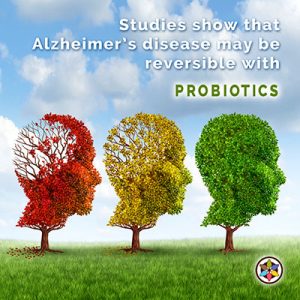
At first thought it sounds illogical — what do fermented foods have to do with a brain disease such as Alzheimers? However, because of the strong gut-brain connection via the vagus nerve, an unhealthy gut can bombard the brain with distress signals if there are problems with the bacterial fora in the digestive system. The unhealthy gut can become inflamed with bad bacteria and this inflammation can spread to the brain. Ultimately, this extra stress on the brain and causes it to deteriorate more rapidly.
A healthy gut fortified with good bacteria from fermented foods can thwart the onslaught of brain deterioration as well age. It’s pretty simple, take probiotics and improve your chances of aging more gracefully.
Probiotic greens powder
Greens Probiotic Drink is a 100% organic green drink mix with 10 fermented vegetables, grasses, and probiotics. It is packed with nutrient rich, bioavailable superfoods; this mix provides a natural energy boost and improved alertness.
Medicinal-Foods™ has created this great tasting probiotic drink for the whole family to enjoy and benefit; enjoy more natural energy and better nutrient absorption.
Living Greens makes it easy to add vital nutrients to your diet. Just mix with water, drink and let your cells experience the direct absorption.



